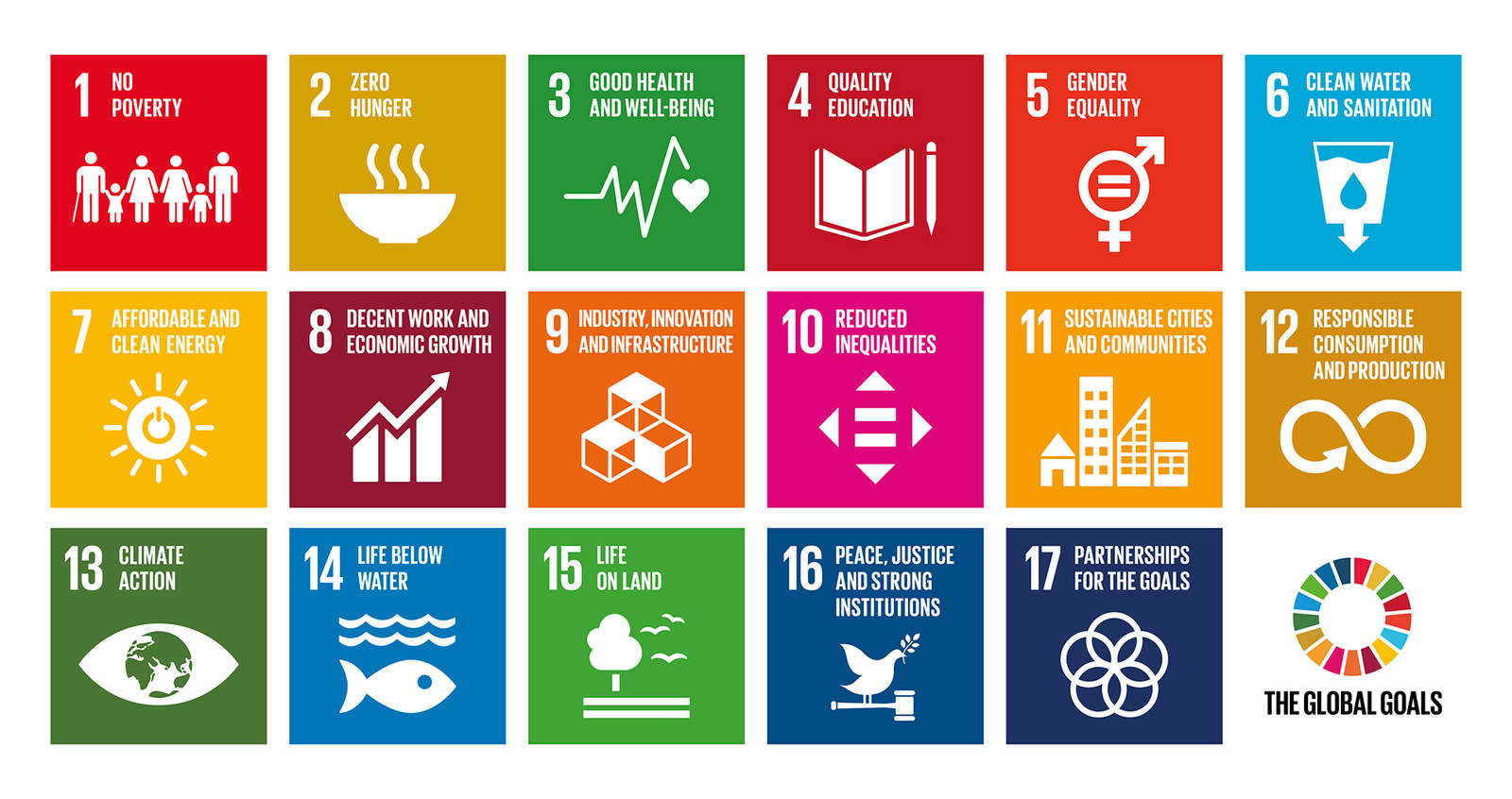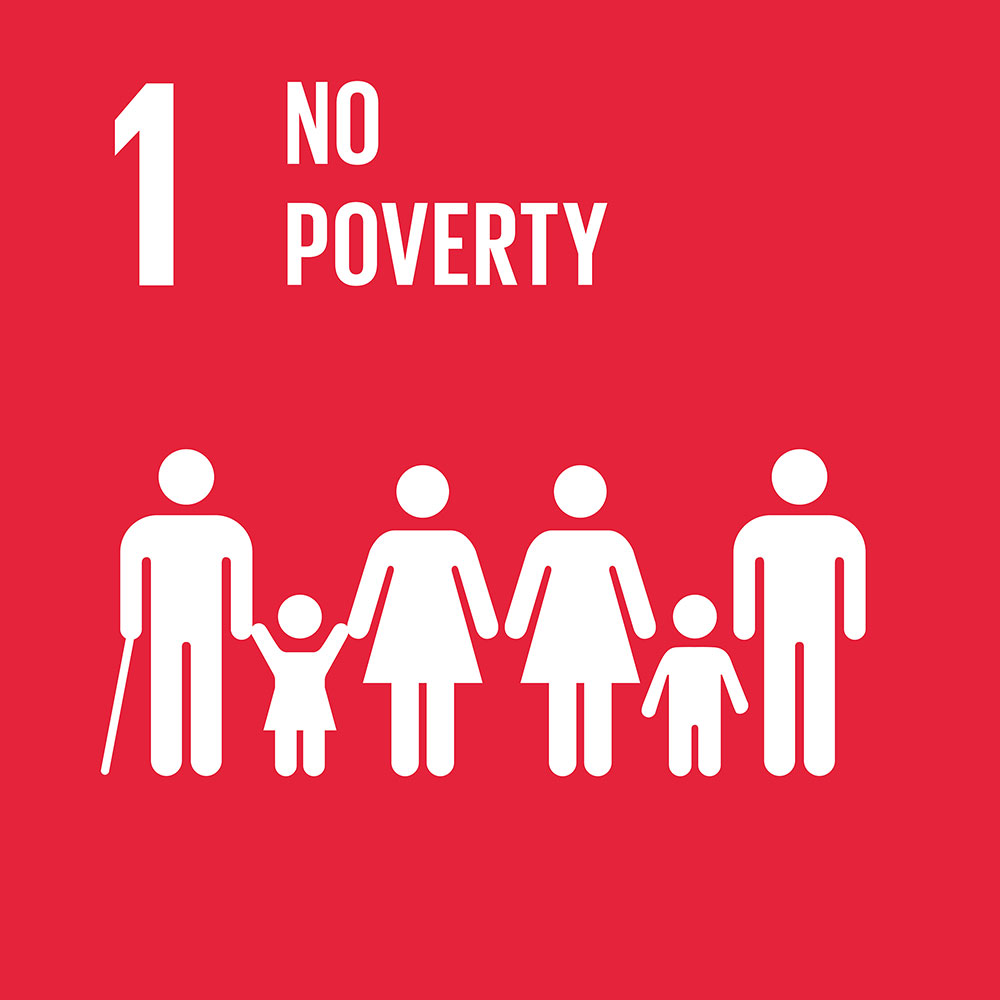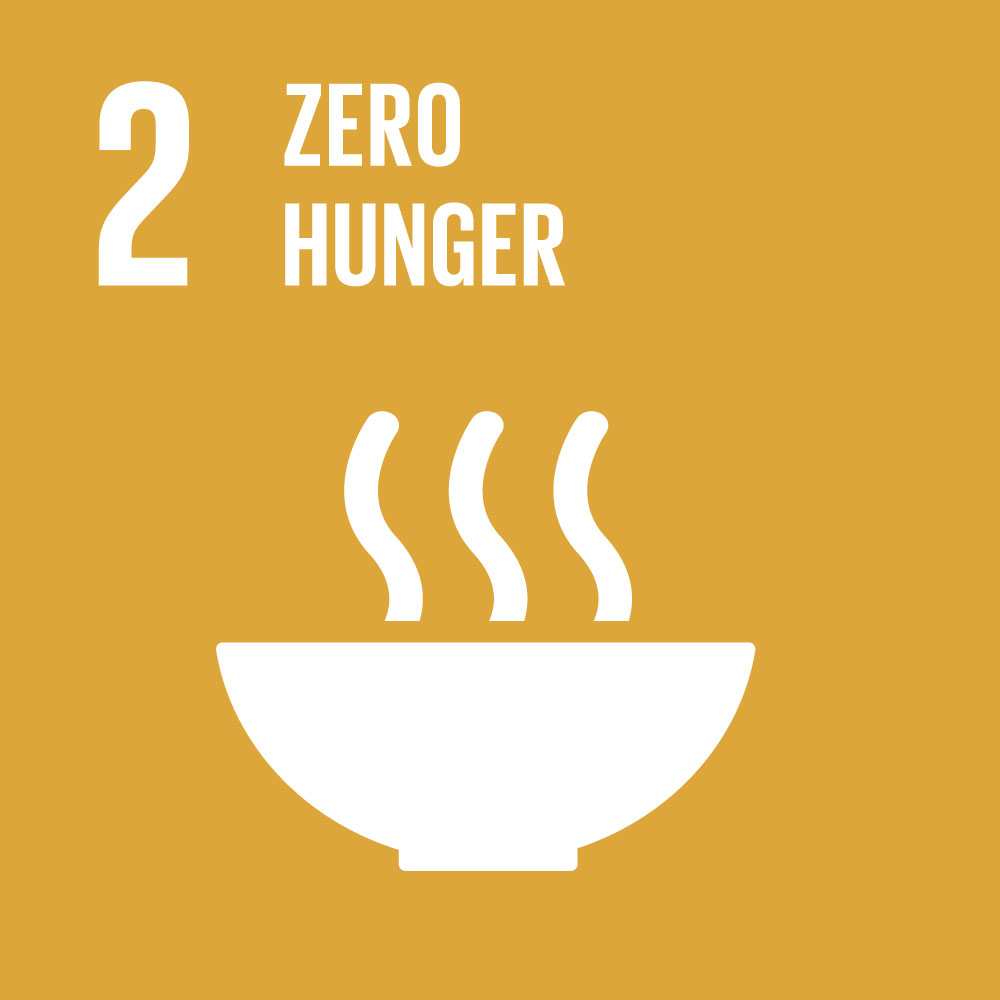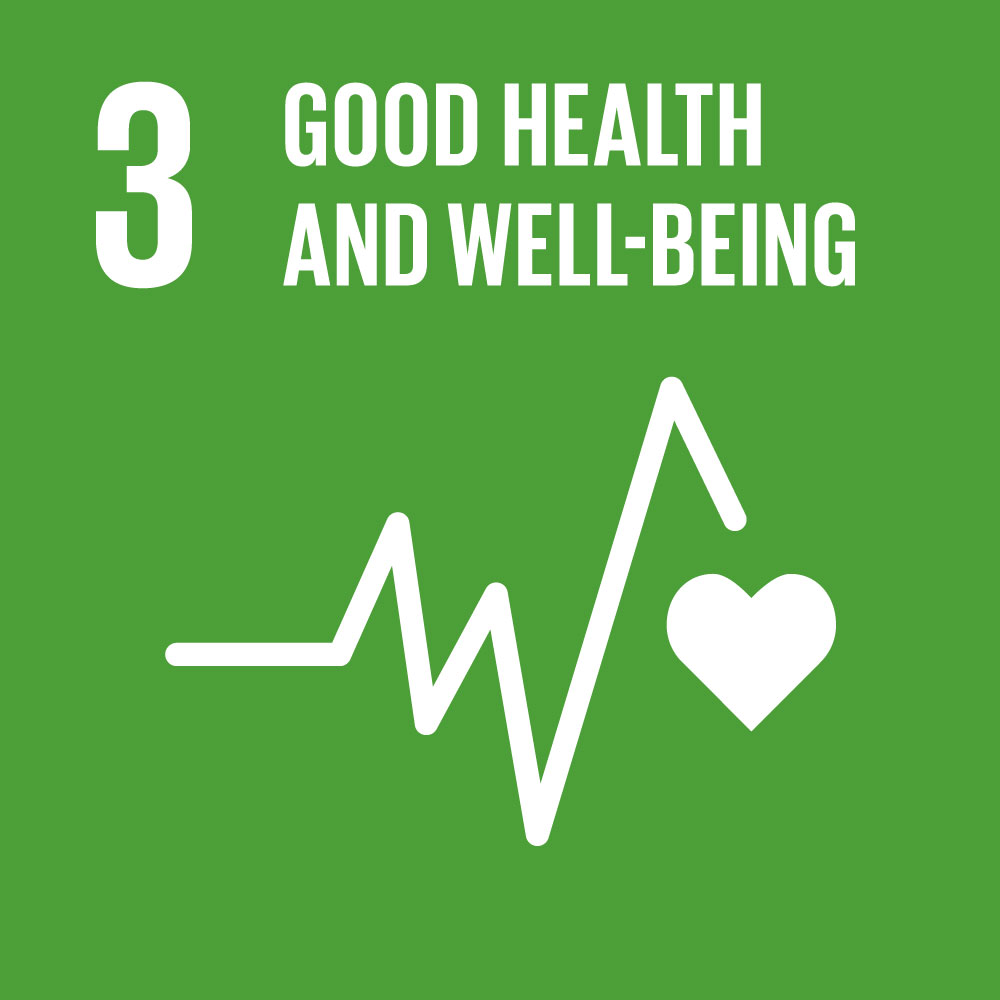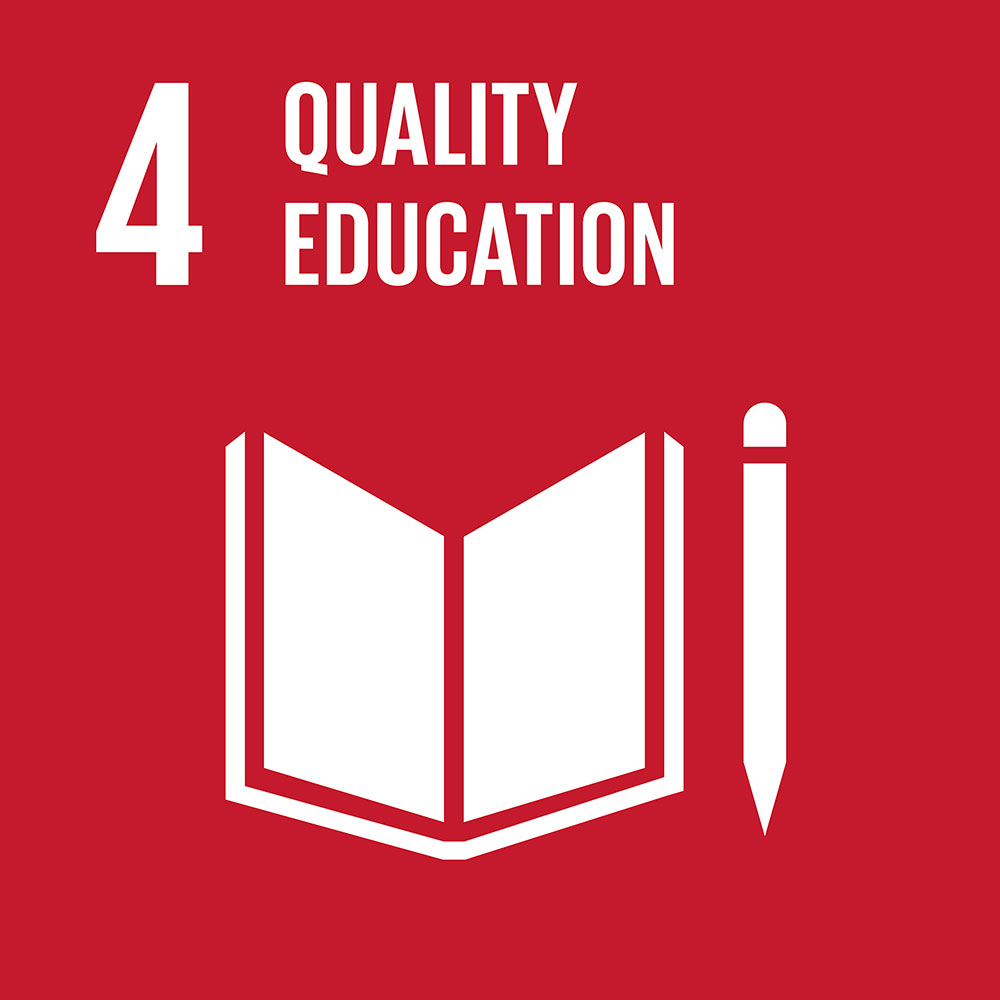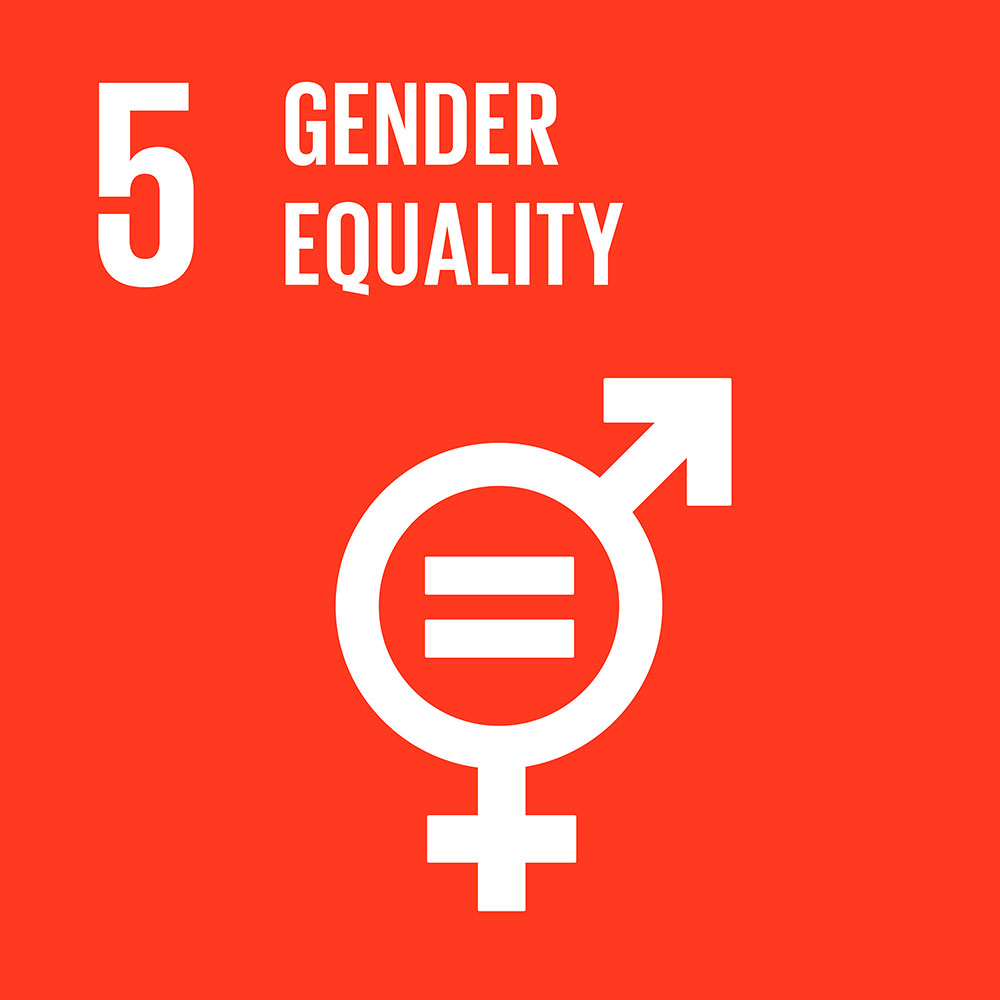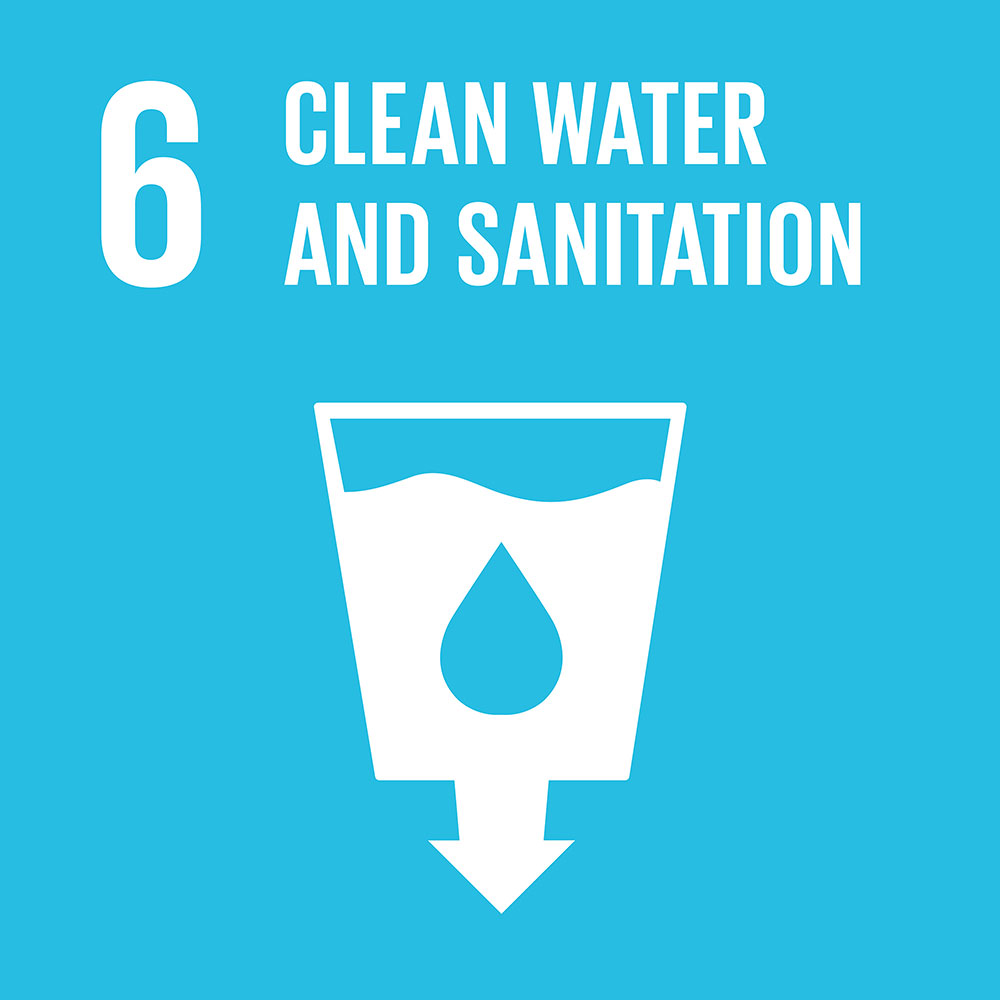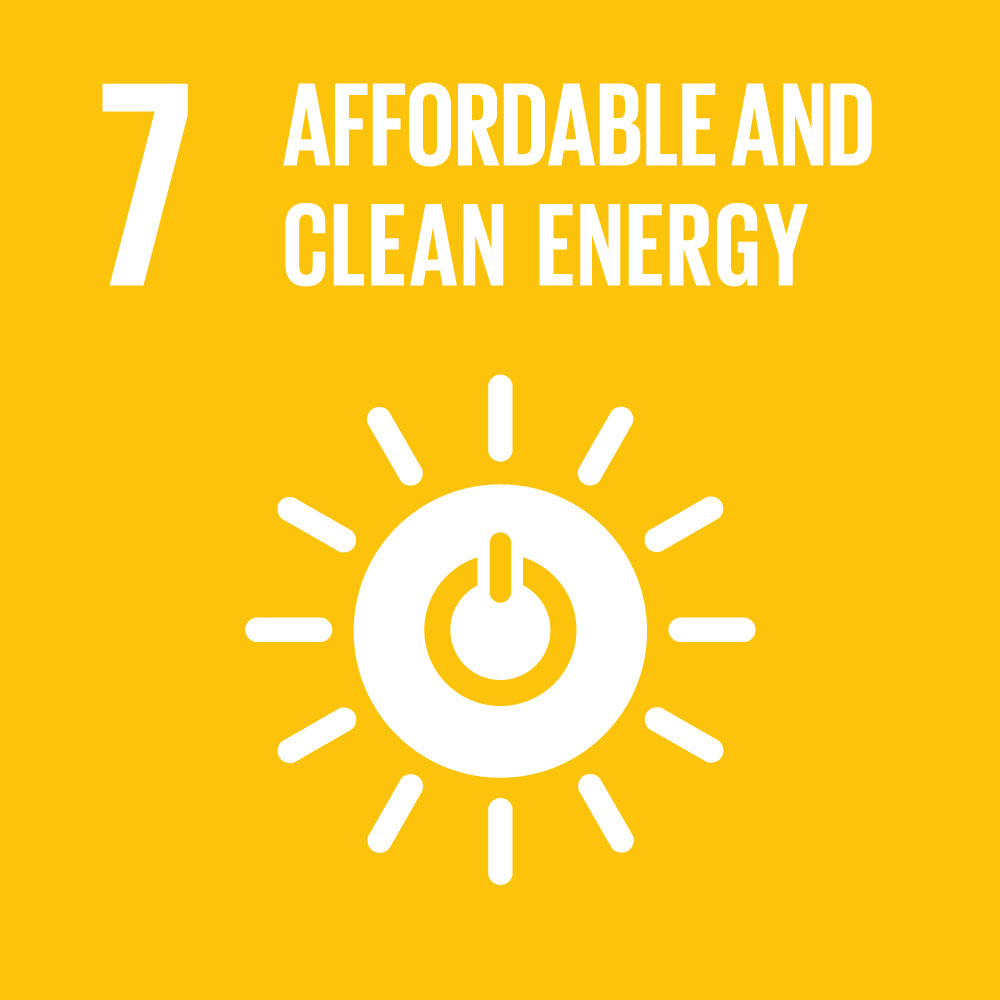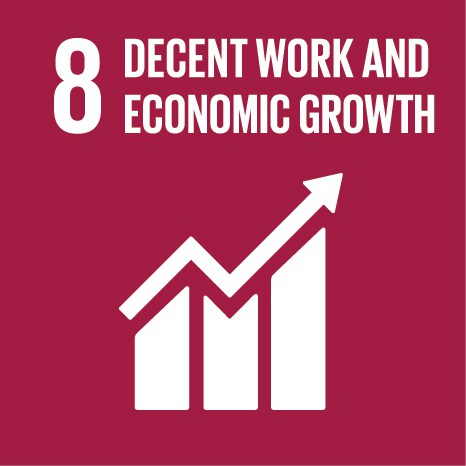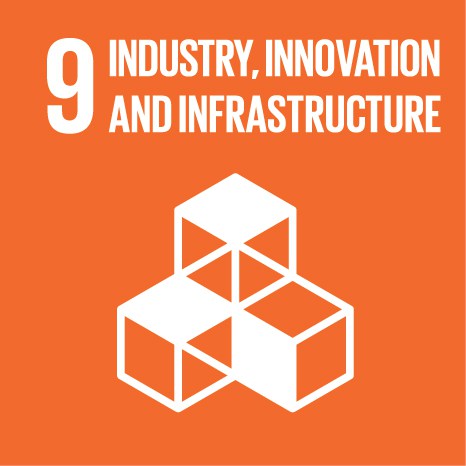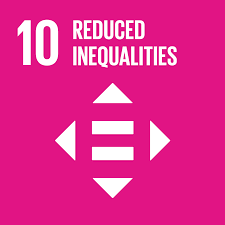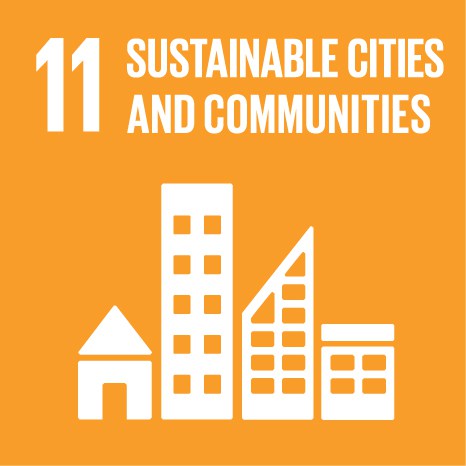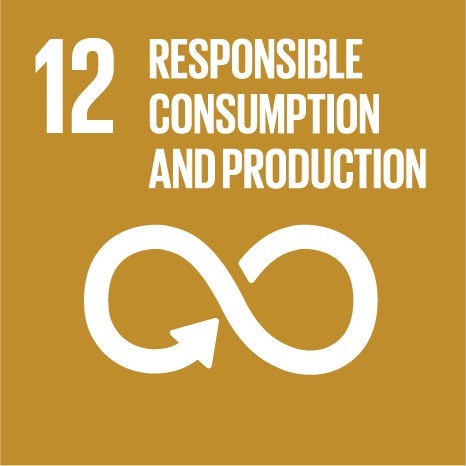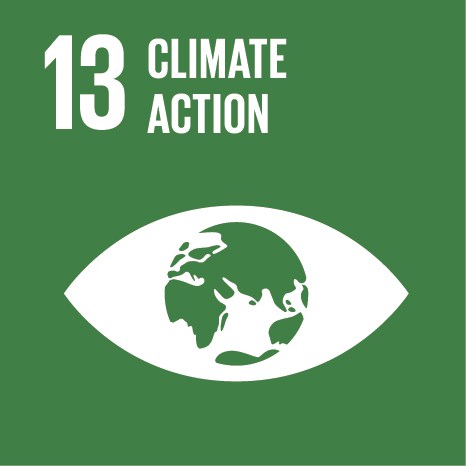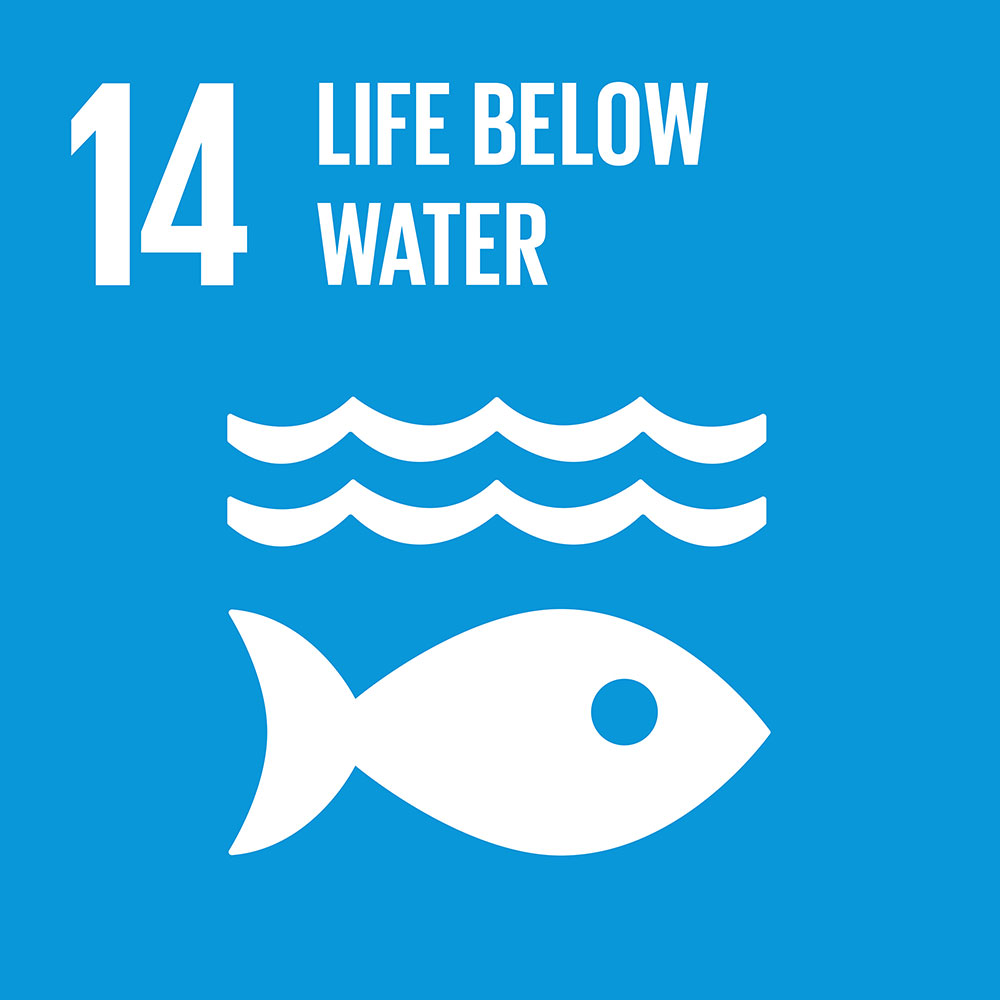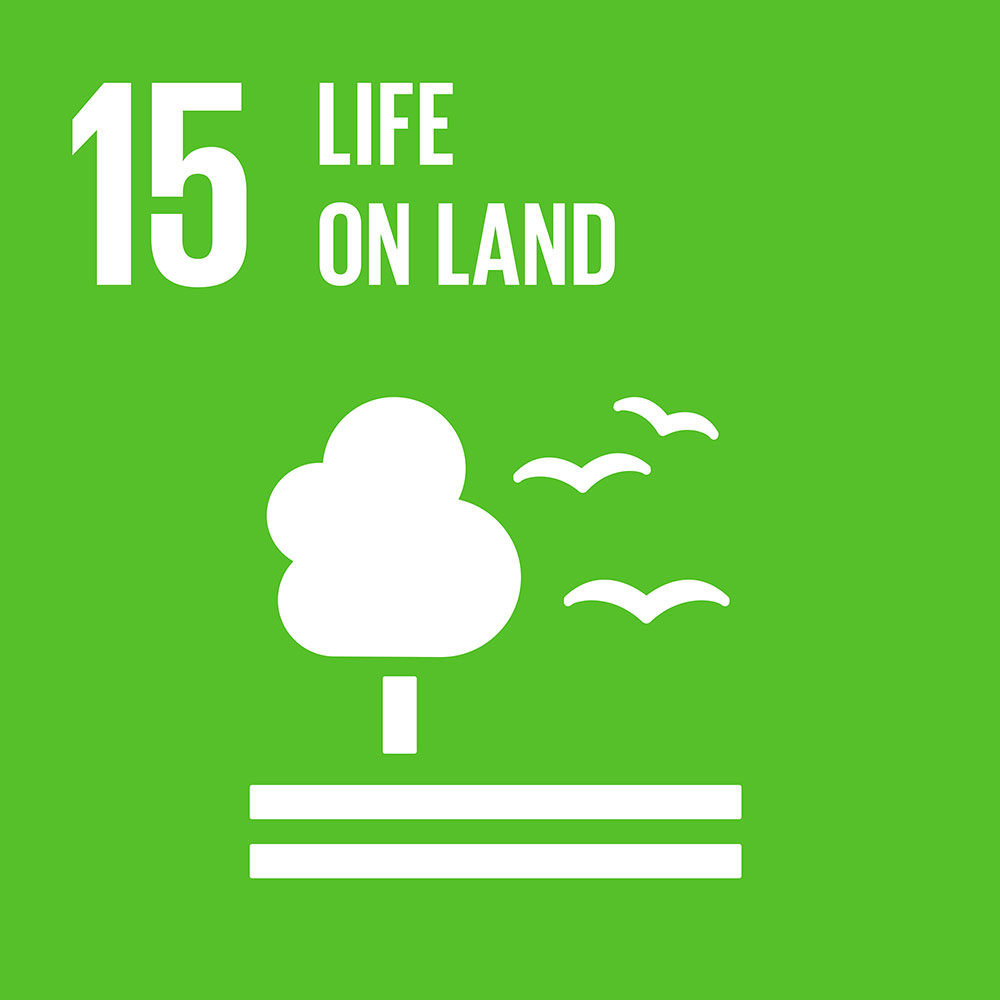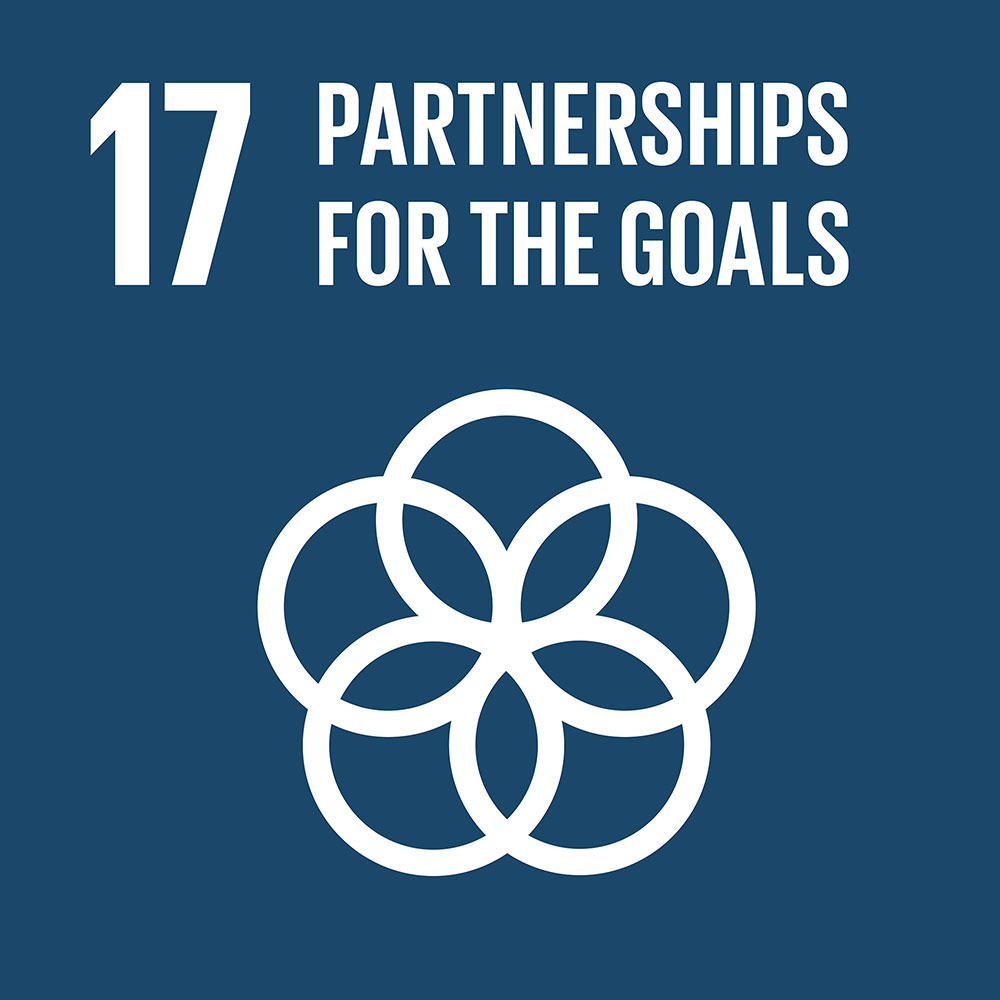Global 2030 Agenda for Sustainable Development
Adopted by the UN in 2015, the 2030 Agenda for Sustainable Development is a global plan of action that directs sustainable development in all countries of the world. It contains 17 Sustainable Development Goals that countries should jointly achieve by 2030.
Agenda2030 is particularly important for two reasons: 1) Its goals are shared by all countries in the world, even as different issues are weighted for different countries depending on their level of development. (2) It stresses the interdependence of the goals, namely that, in advancing them, the impact of measures on other goals must be taken into account and that environmental, social and economic sustainability must be balanced.
Responsibility for achieving the goals set in Agenda2030 rests with national governments. As part of Agenda2030, governments are committed to drawing up national action plans on how the goals will be achieved and to report on the progress of the work to the UN.
Work of the Finnish Government on Agenda2030
The work of the Finnish Government on implementing Agenda2030 is guided by the national action plan. It is a document prepared by the Government and submitted to Parliament for consideration. The first national action plan was prepared by Prime Minister Sipilä’s Government in 2017 and an updated action plan by Prime Minister Marin’s Government in 2020. The work of the Finnish Government on implementing Agenda2030 is guided by the national action plan. It is a document prepared by the Government and submitted to Parliament for consideration.
The action plan by the Marin Government, the Government Report on Agenda2030, lists the measures by which the Government plans to promote the achievement of each of the 17 Sustainable Development Goals. The action plan goes through each Sustainable Development Goal and describes measures taken by the Government to promote Agenda2030 in Finland and globally.
The Government’s work to carry out the action plan is prepared and coordinated by the Prime Minister's Office’s General Secretariat on Sustainable Development. The coordination network on sustainable development includes representatives from each ministry and is intended to facilitate co-operation between ministries.
Finland regularly reports to the UN on the progress of the national action plan with a Voluntary National Review (VNR). Finland's latest VNR report is from 2025.
The report was presented at the UN High-level Political Forum on Sustainable Development on 14 July 2020. Watch Prime Minister Sanna Marin's presentation on the report.
In 2016, Finland became one of the first countries to report on its plans for the implementation of Agenda2030 at the UN High-level Political Forum on Sustainable Development. Previous reports can be found on the materials page.
Involving society as a whole in promoting sustainable development
In addition to the Government, businesses, researchers and civil society actors also play an important role in the implementation of the goals. Businesses influence, for example, the working conditions of employees and the environmental friendliness of their products. Universities and research institutes produce sustainability data and innovations. Civil society actors raise issues with significance to sustainability as part of public discourse and provide services that benefit citizens. Local governments in municipalities and cities have a key role in many sustainability issues, such as the organisation of teaching and health care services. Successful implementation of Agenda2030 requires the involvement of all parts of society through continuous co-operation and dialogue between governments and other civil society actors.
The Finnish National Commission on Sustainable Development supports the inclusion of society as a whole in the work on sustainable development. The Finnish National Commission on Sustainable Development is a forum chaired by the Prime Minister that brings together actors from across society.
The main task of the Commission is to speed up the implementation of the Global 2030 Agenda for Sustainable Development and to link it to Finland’s work on sustainable development at the national level. In addition, the Commission implements and monitors the progress of the Society's Commitment to Sustainable Development, “the Finland we want by 2050”. The Commission seeks to involve society as a whole in promoting sustainable development and facilitates interaction, dialogue and networking of different actors. The Commission shares best practices for sustainable development and actively communicates them at the national and international level.
Since 2013, the operational commitment to sustainable development has served as a concrete tool for engaging actors from all areas of society. By making an operational commitment, anyone in Finland from businesses and schools to individual citizens can take part in national sustainable development work in a concrete way.
In spring 2022, the National Commission on Sustainable Development adopted its new strategy for 2022-2030: A prosperous and globally responsible Finland that protects the carrying capacity of natureLink to an external website.The strategy is built upon six areas of change where Finland needs to make systemic shifts to meet the SDGs. The areas of change are:
- Economy and work promoting wellbeing and sustainable consumption
- Education, competence and sustainable lifestyles
- Wellbeing, health and social inclusion
- Sustainable energy system
- Food system promoting wellbeing
- Forest, water and land use promoting biodiversity and carbon neutrality
In addition to areas of change, the strategy discusses Finland's support for the global implementation of Agenda 2030. The implementation of the strategy is guided by five cross-cutting principles: 1) ensuring fairness, equality and gender equality; 2) inclusion and inclusion of society as a whole; 3) paying special attention to the most vulnerable (leave No one behind); 4) ensuring long-term commitment and policy coherence; and 5) taking global responsibility. The strategy serves as a long-term target framework and a tool for policy coherence for the work of the members of the National Commission and their networks.

